Archaeology
-
 Archaeology
ArchaeologyComplex supply chains may have appeared more than 3,000 years ago
Finds from one of the world’s oldest shipwrecks hint that miners in Central Asia and Turkey provided a crucial metal to Mediterranean rulers.
By Bruce Bower -
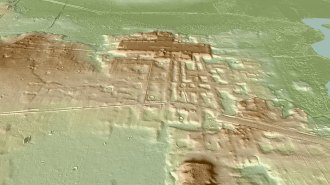 Archaeology
ArchaeologyLasers reveal sites used as the Americas’ oldest known star calendars
By around 3,100 years ago, Mesoamerican ritual complexes tracked celestial cycles using a 260-day count, a huge lidar mapping project shows.
By Bruce Bower -
 Earth
EarthIndigenous people may have created the Amazon’s ‘dark earth’ on purpose
Modern Amazonians make nutrient-rich soil from ash, food scraps and burns. The soil strongly resembles ancient dark soils found in the region.
By Freda Kreier -
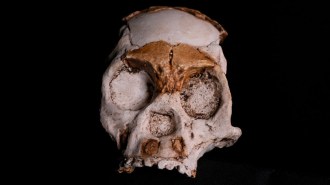 Anthropology
AnthropologyHomo naledi may have lit fires in underground caves at least 236,000 years ago
Homo naledi may have joined the group of ancient hominids who built controlled fires, presumably for light or warmth, new finds hint.
By Bruce Bower -
 Archaeology
ArchaeologyA spider monkey’s remains tell a story of ancient diplomacy in the Americas
A 1,700-year-old spider monkey skeleton unearthed at Teotihuacan in Mexico was likely a diplomatic gift from the Maya.
By Freda Kreier -
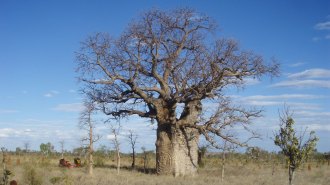 Anthropology
AnthropologyCarvings on Australia’s boab trees reveal a generation’s lost history
Archaeologists and an Aboriginal family are working together to rediscover a First Nations group’s lost connections to the land.
By Freda Kreier -
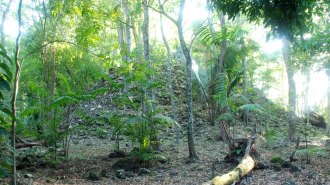 Archaeology
ArchaeologySome Maya rulers may have taken generations to attract subjects
Commoners slowly granted authority to kings at the ancient Maya site of Tamarindito, researchers suspect.
By Bruce Bower -
 Archaeology
Archaeology50 years ago, Stonehenge’s purpose mystified scientists. It still does
In 1972, scientists thought Stonehenge may have been a calendar. Today, we still don’t know its purpose, but we have gained insight on its origin.
-
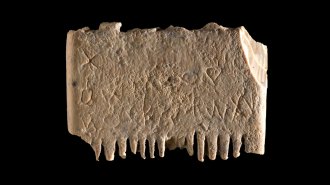 Humans
HumansThis ancient Canaanite comb is engraved with a plea against lice
The Canaanite comb bears the earliest known instance of a complete sentence written in a phonetic alphabet, researchers say.
By Freda Kreier -
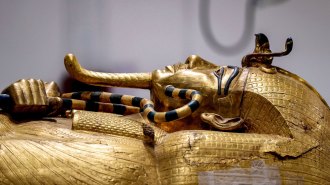 Archaeology
ArchaeologyKing Tut’s tomb still has secrets to reveal 100 years after its discovery
More of Tut’s story is poised to come to light in the coming years. Here are four things to know on the 100th anniversary of his tomb’s discovery.
By Bruce Bower -
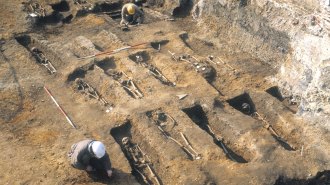 Genetics
GeneticsBlack Death immunity came at a cost to modern-day health
A genetic variant that boosts Crohn’s disease risk may have helped people survive the 14th century bubonic plague known as the Black Death.
By Wynne Parry -
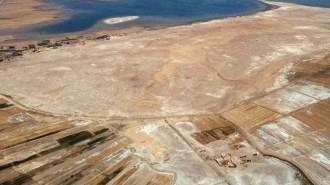 Archaeology
ArchaeologyDrone photos reveal an early Mesopotamian city made of marsh islands
Urban growth around 4,600 years ago, near what is now southern Iraq, occurred on marshy outposts that lacked a city center.
By Bruce Bower